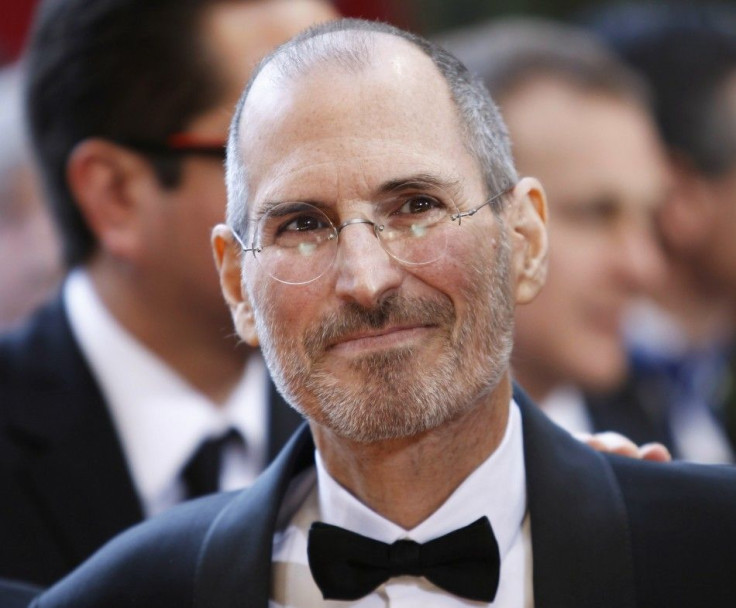Steve Jobs Dies: How Will Apple Shares React Thursday?

The death of Steve Jobs brings to an end an unforgettable era not only for American corporate history, but it also marks a watershed event in global history, given the enormous influence Jobs and his wildly innovative products imparted upon human existence.
Perhaps a more prosaic question now lies with what this means for Apple stockholders when the stock market opens for business on Thursday morning.
Historically, the sudden death of an active chief executive or chairman can prompt a sudden (and usually short-term) impact on a company’s underlying stock price – either positive and negative, depending upon various circumstances.
A few years ago Jesus M. Salas of Lehigh University published a study on the impact of the sudden death of a senior executive on a company’s stock price.
“If a highly effective manager dies unexpectedly, the stock price reaction should be negative,” he wrote. “If however [the] death removes an entrenched manager when the board would or could not, the stock price reaction should be positive.”
Salas added that while age and tenure are only weakly correlated with the stock price reaction to a sudden death, the reaction is strongly positive (5 to 7 percent) if the executive's tenure exceeds ten years and if… stock returns over the last three years were negative.
“In a number of cases, part of the reason for the positive stock reaction to sudden executive deaths is apparently because in the stockholders' view, an obstacle to a takeover has been removed,” Salas added.
Anna N. Danielova, assistant professor of finance at the DeGroote School of Business in Hamilton, Ontario, told International Business Times that according to academic studies “the stock price reaction to an entrenched founder’s death was strongly positive; but strongly negative if a non-entrenched founder passed away.”
However, Jobs passing is thoroughly unique, as is the company he founded.
He was, after all, not an “active” chief executive, since he stepped down last month, in favor of successor Tim Cook. In addition, as tragic it is, Jobs’ death was neither sudden nor surprising since his serious health issues were public knowledge for at least the past two years. Indeed, Jobs most likely resigned from his lofty position in preparation for his death.
Then again, investors and traders sometime behave irrationally and emotionally – and Jobs and Apple have enjoyed an unusually high magnitude of ‘captivation’ among the public.
Indeed, Apple shares dropped on Tuesday – apparently a negative reaction to a less-than-exciting debut of the iPhone 4S product (and, perhaps, to disappointment than Jobs did not make a cameo appearance at the produce unveiling in Cupertino, Cal.).
We may now be in uncharted territory here – in fact, I wouldn’t be surprised if, as a kind of ‘tribute’ to Jobs and his huge influence upon society, customers buy up Apple products.
Presumably, if Jobs were actively managing the company and was known to be in perfect health – a sudden and unexpected death, say in an automobile or airplane crash, would probably hurt the stock price (particularly because an iconic figure like Jobs was so closely identified with Apple’s success).
But Apple is an extraordinarily strong corporation, with a very capable manager in Cook.
Danielova speculates that there might be small negative stock price reaction to Jobs’ death that should be subsequently corrected.
© Copyright IBTimes 2024. All rights reserved.





















